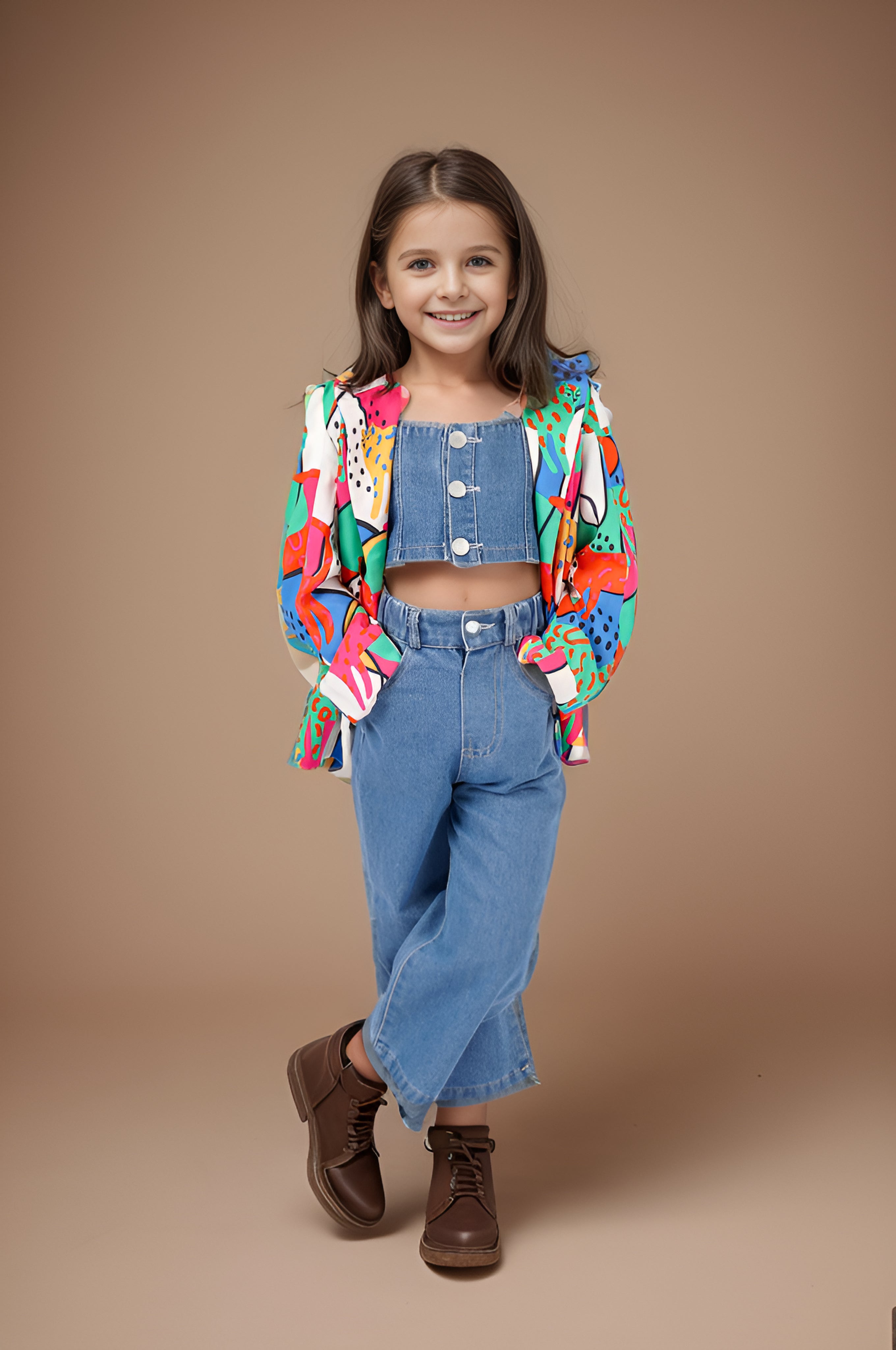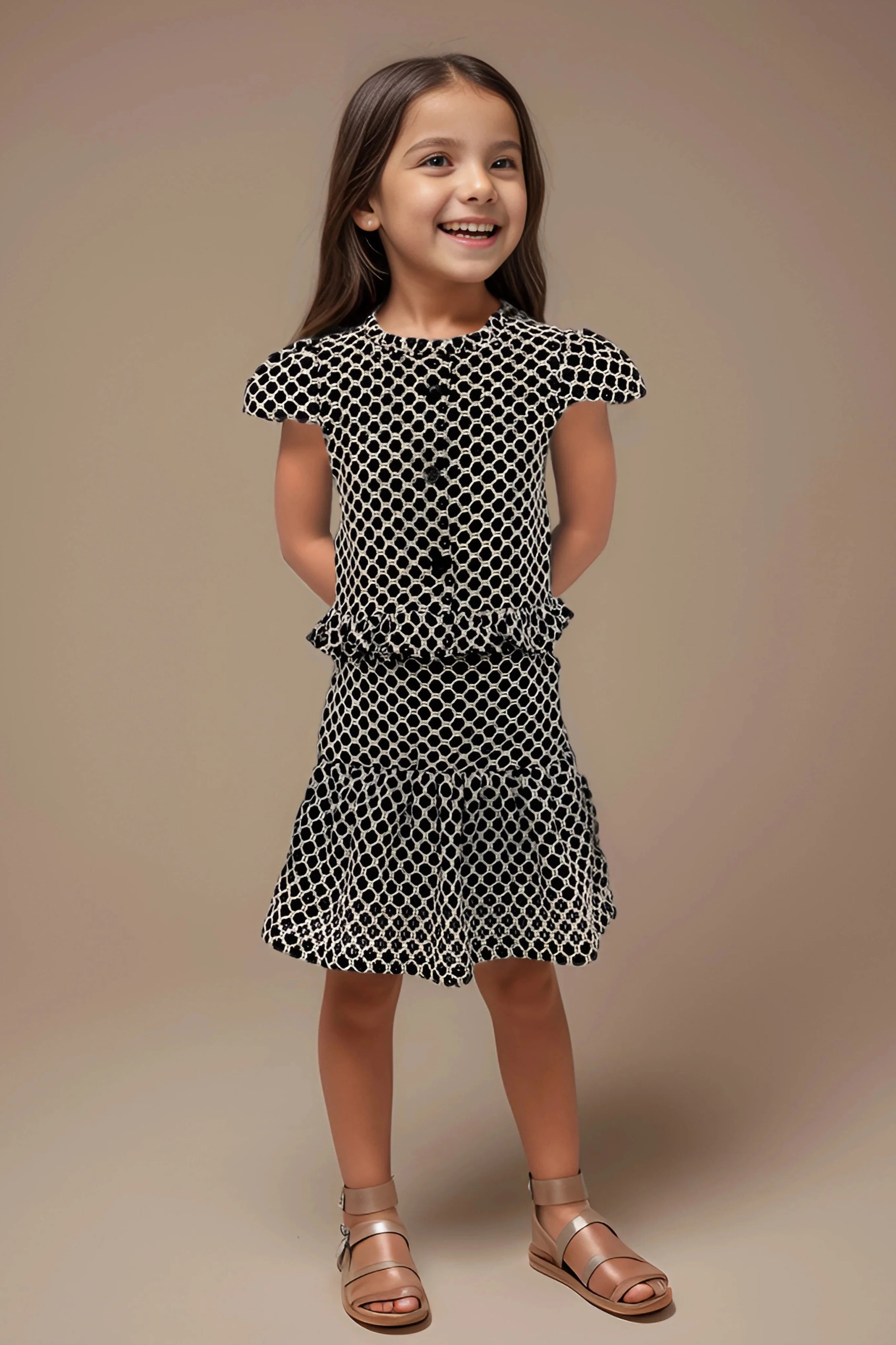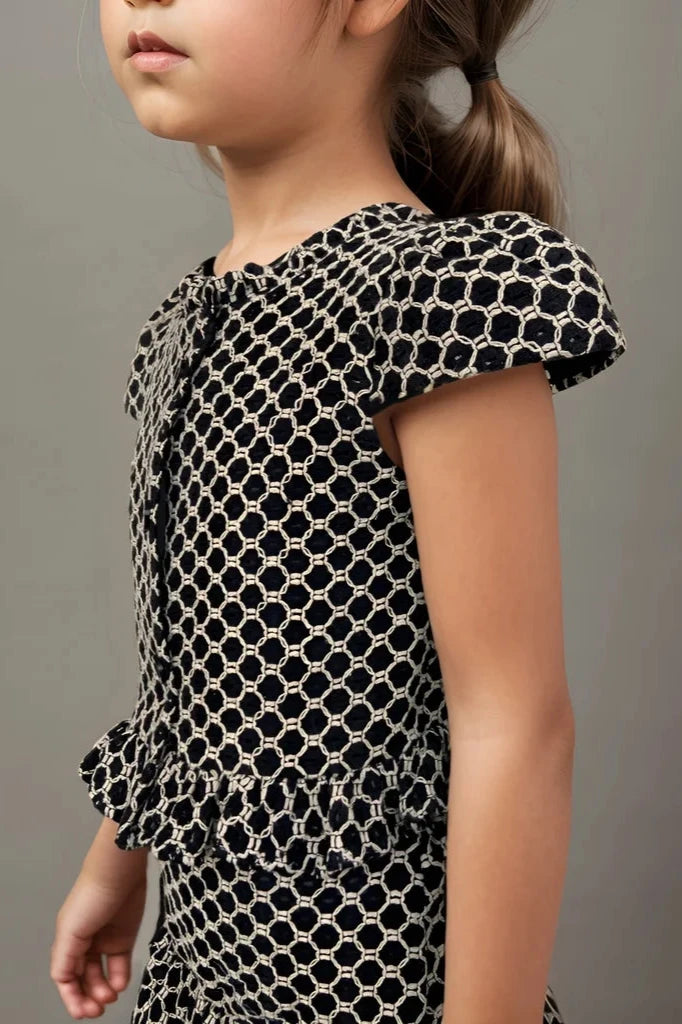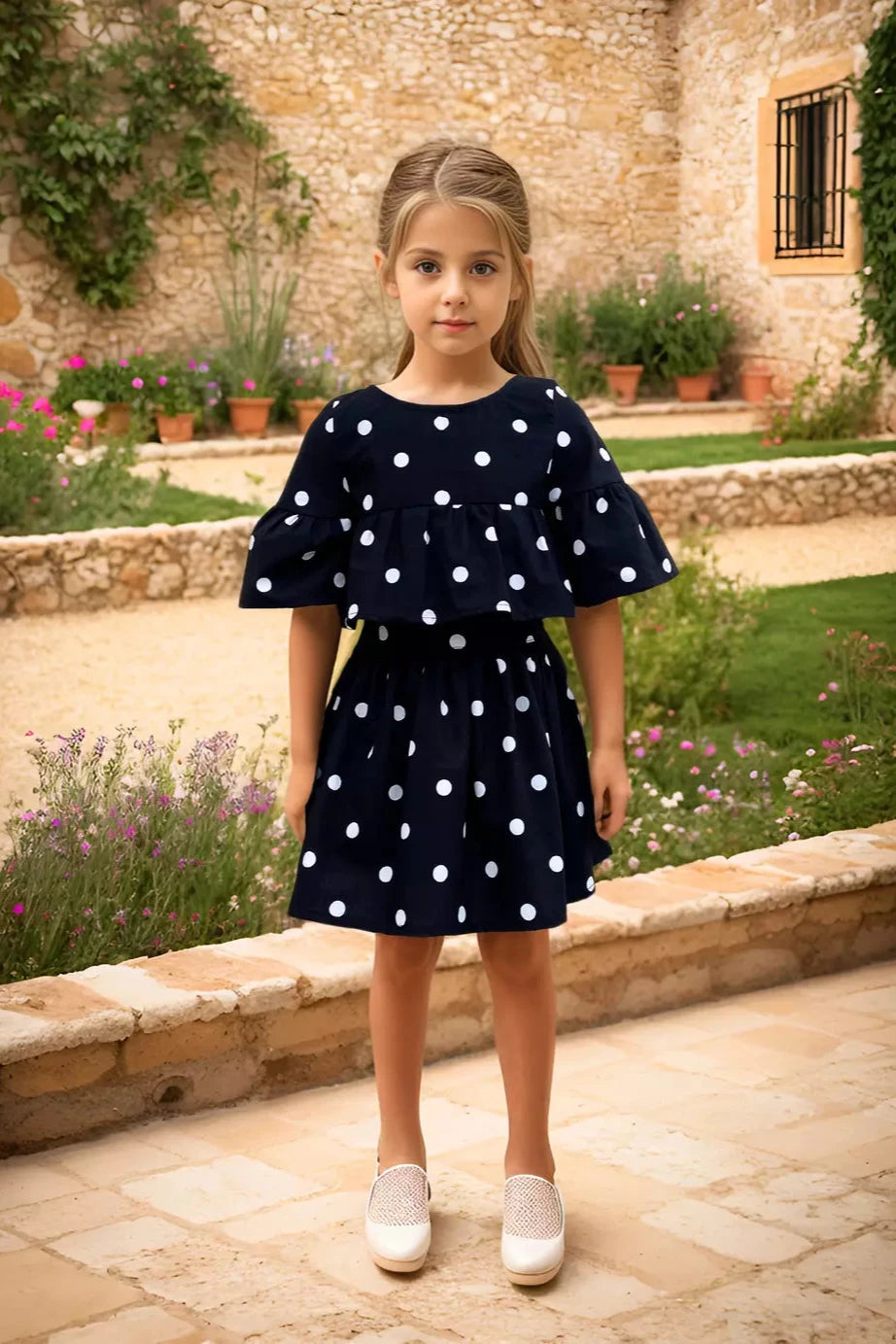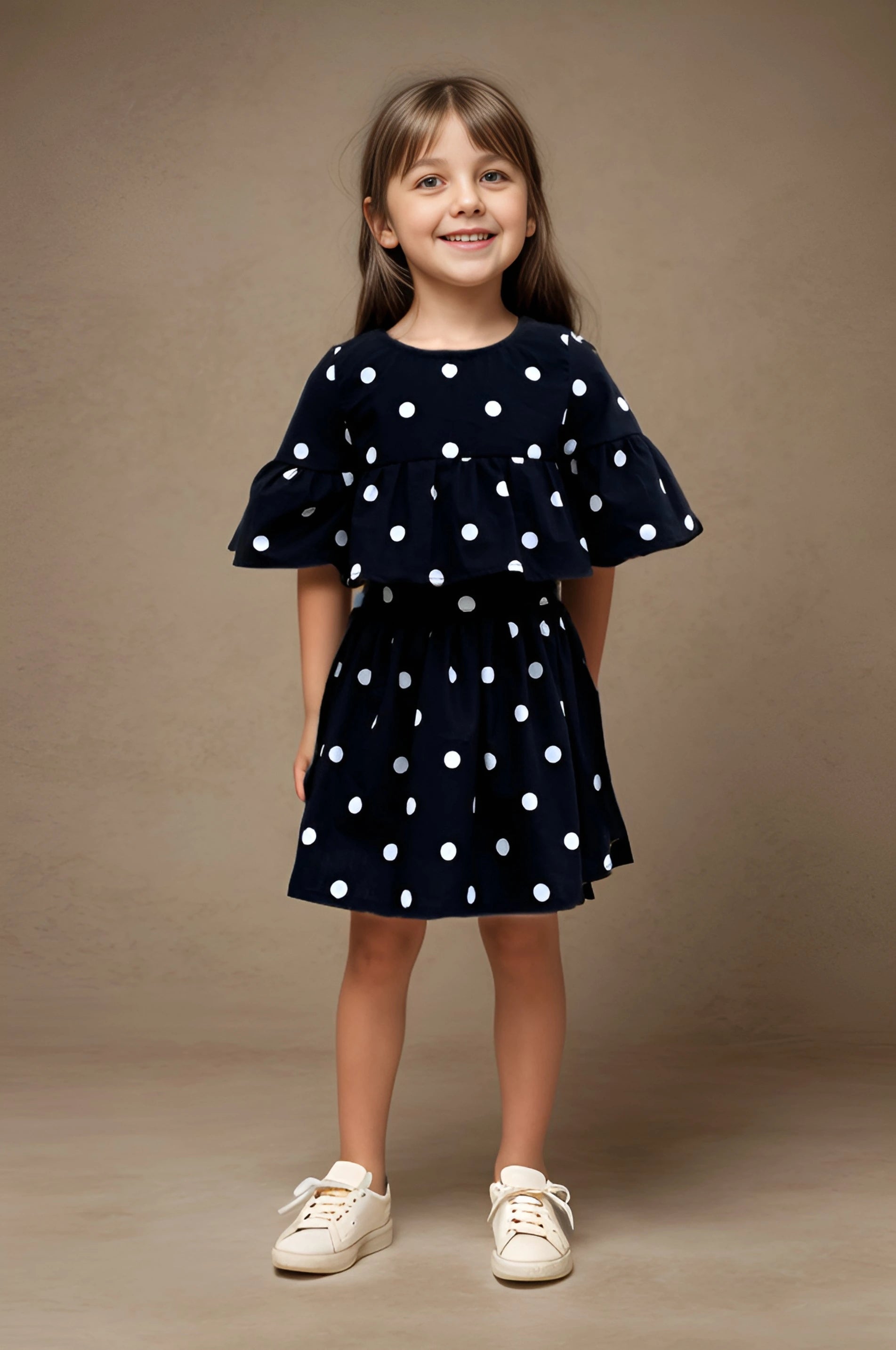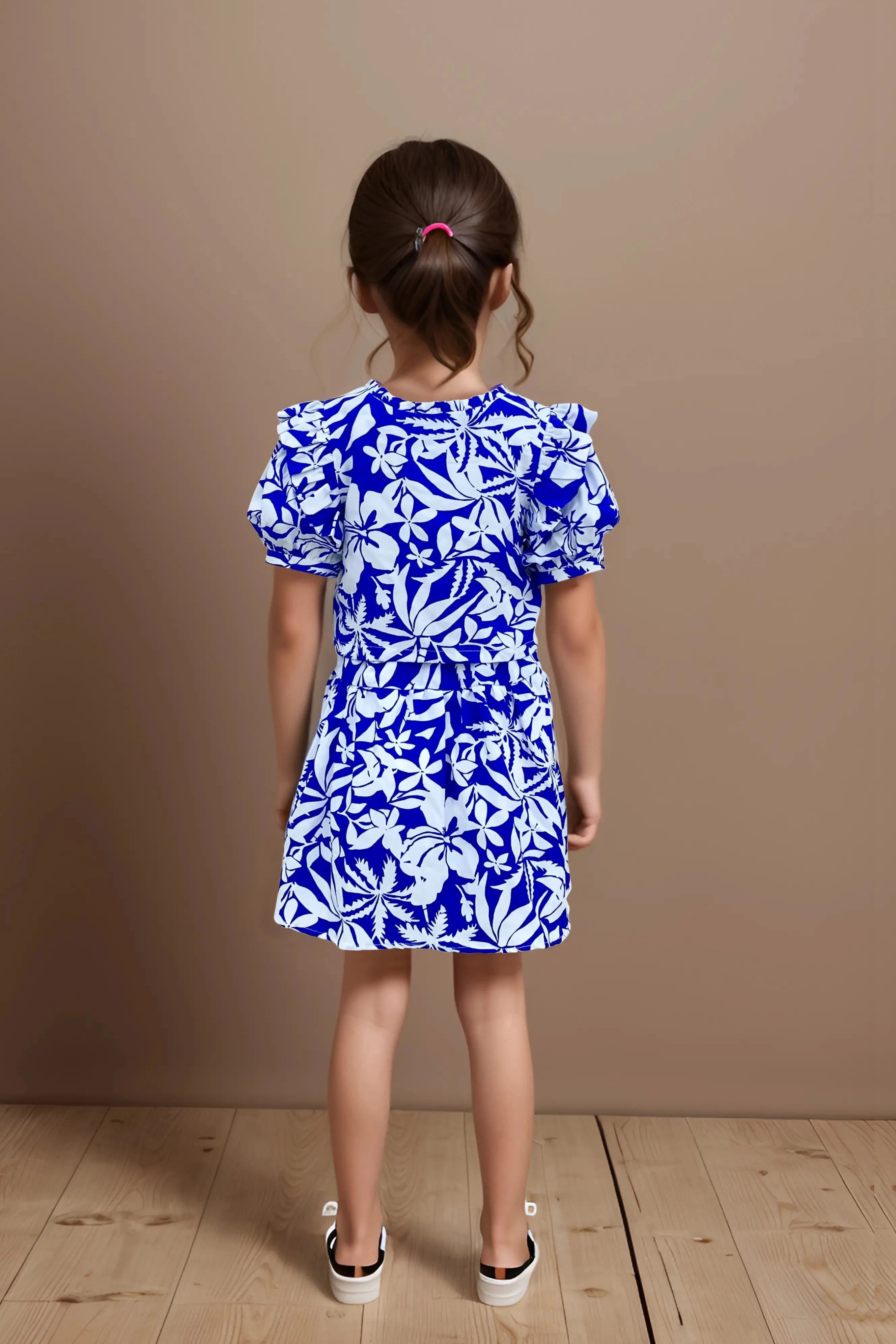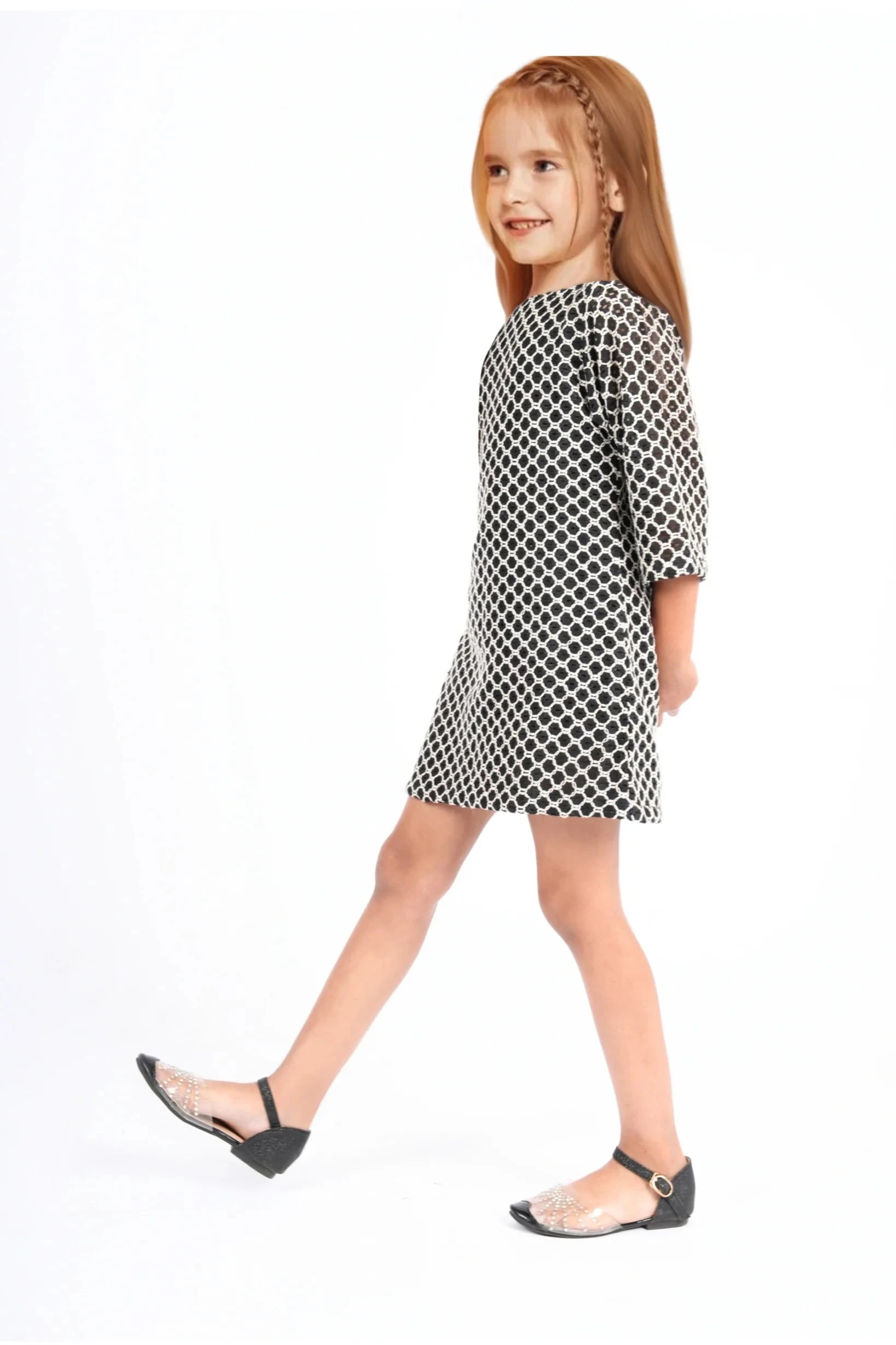How to Teach kids to talk
Even though your child has been learning about words, sounds, and back-and-forth conversations since birth, their language starts to "explode" in the toddler years. Toddlers often find talking frustrating because they have a lot to say but struggle to articulate it. Your young child will eventually catch on. Making errors and trying new things are crucial components of learning.
Your child will learn more words the more you expose them to.
Here are some fun ideas on how to teach kids to talk:
-
Read with your child , so that he can see you speak.

-
Share some of your everyday routines with them, such as, "I'm hanging these clothes to dry outside because it's a nice day."

-
Talk about and react to your child's interests. Ask your child where they're going, for instance, if they're acting like a driver.

-
Sing and recite children's songs. In the car, read aloud songs, stories, and rhymes.

-
Try to talk to your child in both directions by imitating their word attempts. Additionally, expand on what your child says. For instance, you could respond, "Yes, it's a big red train," when your toddler says "train."

-
When your child is "talking," smile and look at them to demonstrate that you are paying attention. Honour your child's attempts at speaking as well.

-
After you speak, give your child some time to respond. Even if they can't always express themselves clearly, your child will still make an effort to reply. Children can learn about conversation by doing this.

- Make it an interesting game by asking, "Where is your tummy?" or pointing to and naming body parts.
When and what to expect?
When your toddler is between 12 and 18 months old, they most likely will:
- say their first words;
- love babbling during conversations; and
- point out objects when you name them.
When they are two years old, your child will most likely:
- love naming commonplace items like "doggie" and "drink."
- comprehend and abide by a straightforward command, such as "Bring me your book" or "Wave bye-bye."
- have difficulty pronouncing certain sounds; for instance, they might say "wed" when they mean "red."
Your child will most likely: progress to simple sentences by the age of three, such as "Where doggie gone?" and speak in phrases and words that most people could understand.When your toddler is 18 months old, it's a good idea to take them to see a general practitioner, paediatrician, or child and family health nurse if they exhibit any of the following symptoms: not babbling frequently; difficulty copying sounds; difficulty understanding simple requests, like "Give me your cup"; or not seeming to hear you or pay attention when others are speaking.
Stay connected with us for the latest updates and valuable insights. Follow us on Instagram for more information: @safehugskidswear. Find one stop solution to all your parenting problems here. Your journey with us is just the beginning and we’re excited to share it with you!
Happy Parenting!!!







